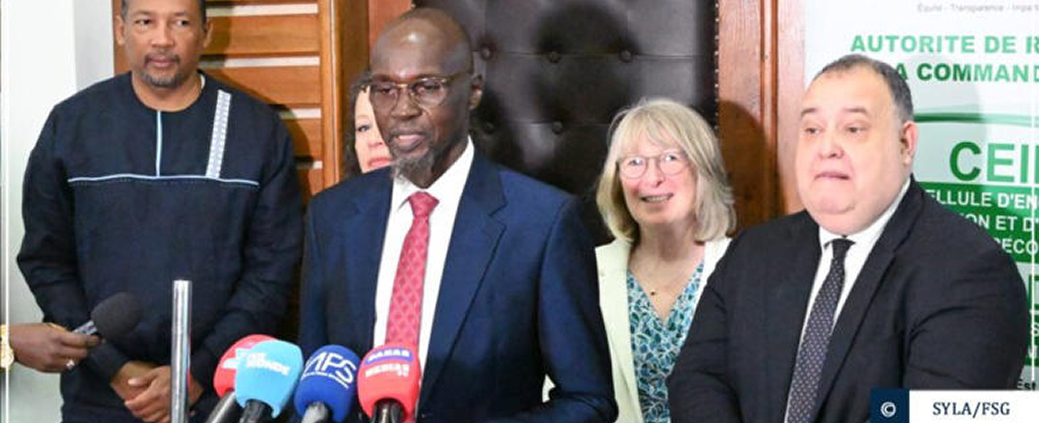Training public procurement actors in sustainable public procurement: Senegal and the World Bank aim to Senegal and the World Bank want to “stimulate prosperity on a liveable planet”.
Yesterday, Tuesday 23 April 2024, in Dakar, the World Bank and Senegal’s Public Procurement Regulatory Authority (Arcop) launched a week-long training course on Sustainable Public
Procurement (SPP) for those involved in public procurement.
In his speech, Mr Saër Niang indicated that this training, designed for the benefit of experienced managers in public procurement and representatives of World Bank project implementation agencies in the West and Central Africa region, is an extension of the activities already undertaken with development partners.
According to Arcop’s Director General, PPAs are now a strategic concept aimed at integrating economic, social and environmental considerations into the public procurement cycle.
As well as offering enormous potential benefits, Mr Niang argued that Apd is perfectly in tune with the United Nations’ sustainable development goals and the World Bank’s revised mission to end extreme poverty and boost prosperity on a liveable planet.
In Senegal, he explained, sustainable public procurement is enshrined in the regulatory and legislative framework for public procurement and is based on 3 pillars. The first of these is the economic pillar, which guarantees preferential access to public procurement for small and medium-sized enterprises (SMEs) and players in the social economy..
There is also the social pillar, which he believes promotes protection and guarantees access to employment for women, young people and people with disabilities. And finally, the environmental
pillar. “It has become an essential aspect of all public procurement”, he said. He went on to explain that Senegal’s new Public Procurement Code now requires contracting authorities to make environmentally friendly purchases and use techniques that reduce the harmful impact on the environment.
According to him, in Senegal, public procurement, which is a means of implementing public policies, represents a budget estimated at nearly CFAF 4,000 billion. With such a large financial windfall, Mr Niang believes that the contracting authorities are in a position to bring about substantial environmental, social and financial improvements.
“We have a responsibility to transform the way we buy and consume, and consequently the way we produce goods and services,” he said. He added that Senegal’s public procurement system had been the subject of several evaluations over the past two decades. As a result, he said, the system has been in full development since the Country Program Assessment Report 1 exercise in 2003.
Bassirou MBAYE





Laisser un commentaire
Rejoindre la discussion?N’hésitez pas à contribuer !